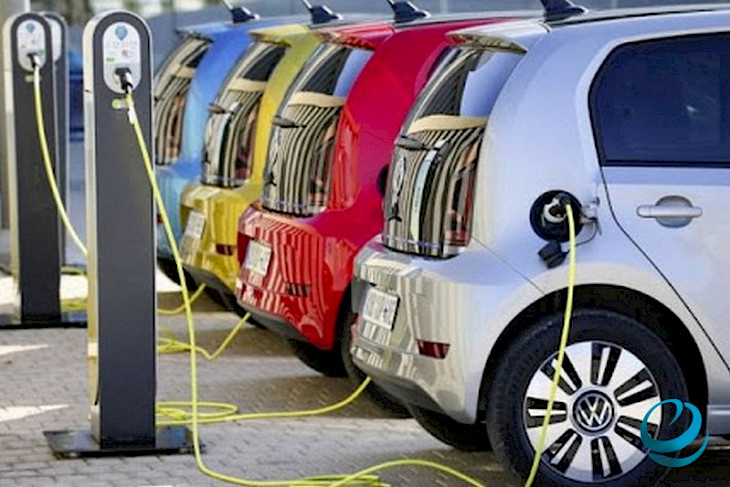In recent years, Uzbekistan has seen a rapid growth in interest in electric vehicles. The country has been experiencing an active shift toward environmentally friendly modes of transportation.
From 2016 to 2023, the import of electric vehicles to Uzbekistan increased by a record 1000%. This growth reflects both government policies on ecology and the growing awareness among citizens about the importance of using environmentally friendly transport, according to the Statistics Agency.
Reasons for the growing popularity of electric vehicles in Uzbekistan
One of the key reasons for this sharp increase in electric vehicle imports has been the reduction of customs duties on environmentally friendly transport.
The government actively encourages citizens to switch to electric cars by making their purchase easier. In addition, legal incentives and support programs for electric vehicle owners have been introduced, making them more affordable.
Another important factor is the development of infrastructure for charging electric vehicles. The number of charging stations in the country is increasing, making the use of such vehicles convenient even outside major cities.
Environmental agenda and global trends
The growth in electric vehicle imports in Uzbekistan aligns with the global trend toward decarbonization and the transition to renewable energy sources.
Reducing carbon emissions and combating climate change have become priority areas for many countries, and Uzbekistan is actively joining these processes.
Electric vehicle imports in other Central Asian countries
The trend of increasing electric vehicle imports is also observed in other Central Asian countries, although growth rates vary.
Kazakhstan is also showing a steady increase in demand for electric vehicles. In 2022, electric vehicle imports grew by 60% compared to the previous year. This is due to state support and the growing number of charging stations in major cities. For several years, Kazakhstan has been promoting the use of eco-friendly transport, offering incentives for its owners.
Kyrgyzstan has started paying attention to the development of this automotive market in recent years, but it still significantly lags behind Uzbekistan and Kazakhstan. The main challenges include weak charging infrastructure and low purchasing power among the population. Nevertheless, a 25% increase in electric vehicle imports was recorded in 2023 due to reduced taxes on the import of such vehicles and improved accessibility.
Tajikistan is only beginning its journey toward environmentally friendly transport. The country lacks a clear policy to support electric vehicles, but interest in this type of transport is gradually growing. In 2022, there was a small 15% increase in electric vehicle imports, but a mass transition to electric cars will require significant changes in infrastructure.
Turkmenistan, on the other hand, has yet to show significant changes in the electric vehicle sector. Due to the specifics of its economy and infrastructure, electric vehicles remain largely inaccessible to most citizens, and the government focuses on other forms of transport development.
Prospects for the electric vehicle market in Central Asia
While Central Asian countries like Kazakhstan, Kyrgyzstan, and Uzbekistan are actively expanding their electric vehicle markets, each faces its own challenges. Key factors for future growth include:
- Increasing the number of charging stations;
- Incentives and tax reductions for electric vehicle buyers;
- Support and development of sustainability programs.
Overall, as infrastructure improves and the importance of ecology is increasingly recognized, all countries in the region are expected to boost their shares of environmentally friendly transport.
In the future, further growth in the electric vehicle market across the region can be anticipated, which will be an important step toward reducing pollution and improving the quality of life in these countries.
CentralasianLIGHT.org
October 11, 2024

